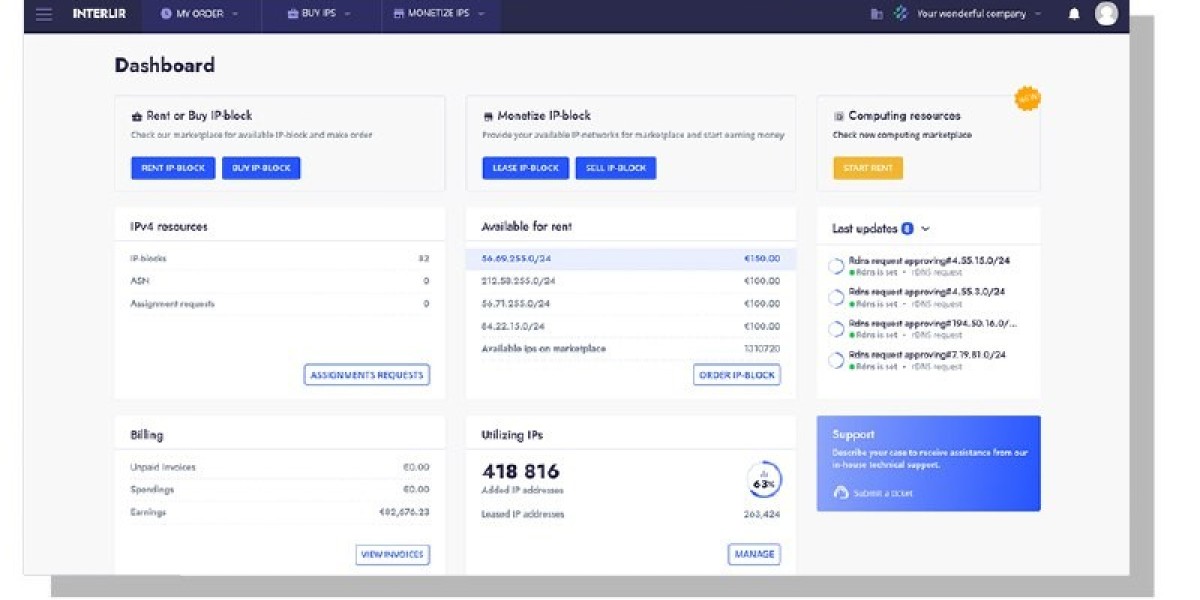Fenbendazole is a widely used antiparasitic medication, commonly administered in tablet form for the treatment of various parasitic infections in animals, especially dogs, cats, horses, and livestock. It belongs to the benzimidazole class of anthelmintics and works by disrupting the energy metabolism of parasites, ultimately leading to their death. Fenbendazole is valued for its broad-spectrum activity, safety, and effectiveness, making it a preferred choice among veterinarians and pet owners. Below is a comprehensive overview of the parasites that Fenbendazole Tablets can treat.
1. Roundworms
Fenbendazole is highly effective against roundworms such as Toxocara canis and Toxascaris leonina in dogs and cats. These parasites live in the intestines and feed on nutrients, often causing digestive issues, poor growth, and lethargy in infected animals. In puppies and kittens, roundworms can lead to serious health problems if left untreated. Fenbendazole breaks the life cycle of these worms and helps eliminate them from the digestive tract.
2. Hookworms
Hookworms, including Ancylostoma caninum and Uncinaria stenocephala, are blood-sucking parasites that attach to the intestinal wall. They can cause severe anemia, diarrhea, and weakness, particularly in young or immunocompromised animals. Fenbendazole targets these parasites by impairing their ability to absorb glucose, leading to energy depletion and eventual death. Regular treatment can help prevent reinfection.
3. Whipworms
Fenbendazole 222Mg Tablet is also used to treat infections caused by whipworms, especially Trichuris vulpis in dogs. These worms reside in the large intestine and can cause chronic diarrhea, weight loss, and inflammation. Whipworm eggs are highly resilient in the environment, making long-term treatment and prevention strategies essential. Fenbendazole effectively kills adult whipworms and is often used in multi-day regimens to ensure complete clearance.
4. Tapeworms
Although not the primary drug of choice for all tapeworms, Fenbendazole is effective against certain species like Taenia pisiformis in dogs. Tapeworms absorb nutrients through their skin and can lead to malnutrition, digestive upset, and irritation around the anus. For broader tapeworm control, especially for Dipylidium caninum or Echinococcus spp., Praziquantel is usually preferred, but Fenbendazole remains an effective option in specific cases or in combination therapy.
5. Lungworms
Lungworm infections, such as those caused by Oslerus osleri, Filaroides hirthi, and Aelurostrongylus abstrusus in cats, can lead to respiratory symptoms like coughing, wheezing, and difficulty breathing. Fenbendazole is commonly prescribed to manage these infections, typically over extended treatment periods. It helps eliminate larvae and adults from the lungs and airways, improving respiratory health.
6. Giardia
Though Fenbendazole is primarily an anthelmintic, it also shows efficacy against Giardia duodenalis, a protozoan parasite that causes giardiasis in dogs and cats. Giardia leads to chronic diarrhea, dehydration, and poor nutrient absorption. Fenbendazole disrupts the parasite’s cellular function, making it a useful off-label treatment option, especially when combined with other medications like metronidazole.
7. Pinworms
In horses, Fenbendazole is used to treat Oxyuris equi, the equine pinworm. These parasites cause intense itching around the tail area and can lead to secondary infections from scratching. A single dose of Fenbendazole is typically effective in controlling pinworm infestations in equines.
8. Strongyles
Fenbendazole is particularly effective against strongyles in horses, including Strongylus vulgaris and Cyathostomins. These parasites damage the intestines and blood vessels, leading to colic, anemia, and weight loss. Fenbendazole is often used in larvicidal doses to treat migrating larvae and reduce the risk of severe illness.
Conclusion
Fenbendazole tablets offer a versatile and reliable solution for treating a wide variety of parasitic infections across species. Their efficacy against roundworms, hookworms, whipworms, some tapeworms, lungworms, giardia, pinworms, and strongyles makes them indispensable in veterinary medicine. Due to its excellent safety profile, it can be used in young, pregnant, and debilitated animals under veterinary supervision. However, it is essential to follow the recommended dosage and duration to ensure full eradication of the parasites and to prevent resistance. Always consult a veterinarian before administering Fenbendazole for the best results and optimal parasite control.







